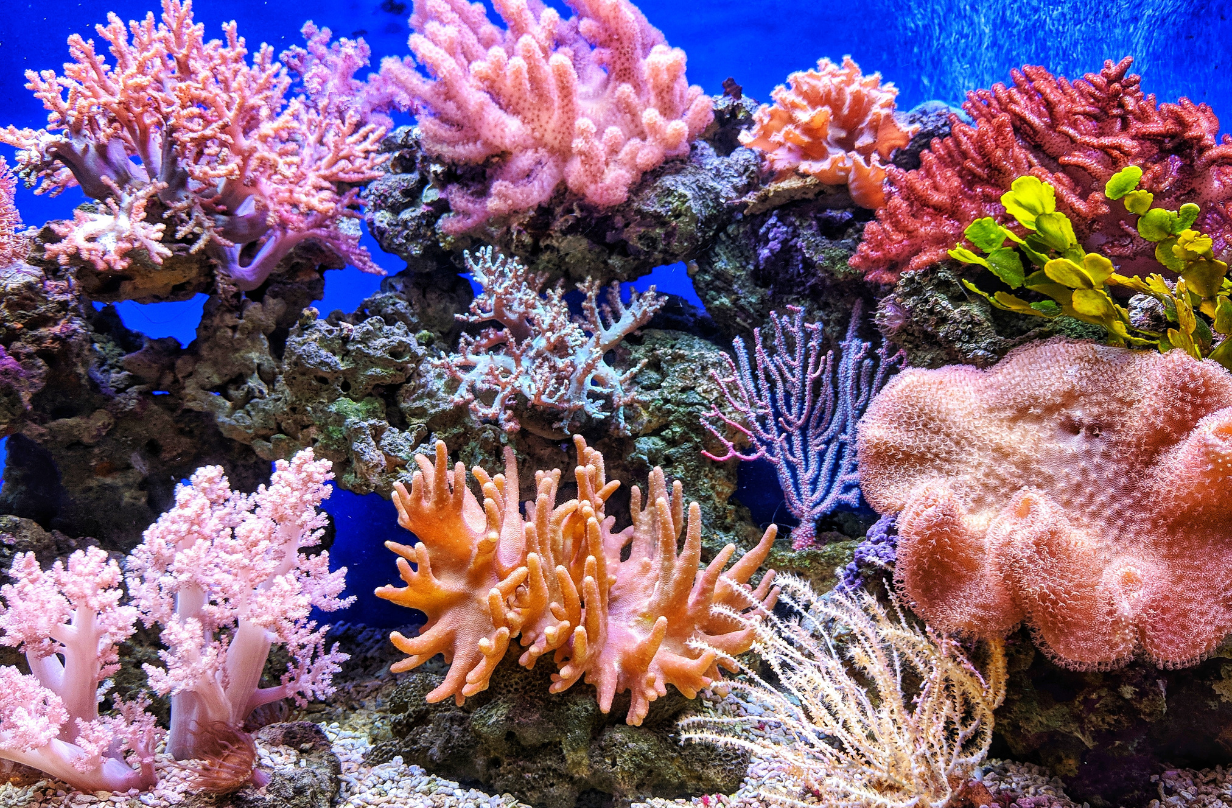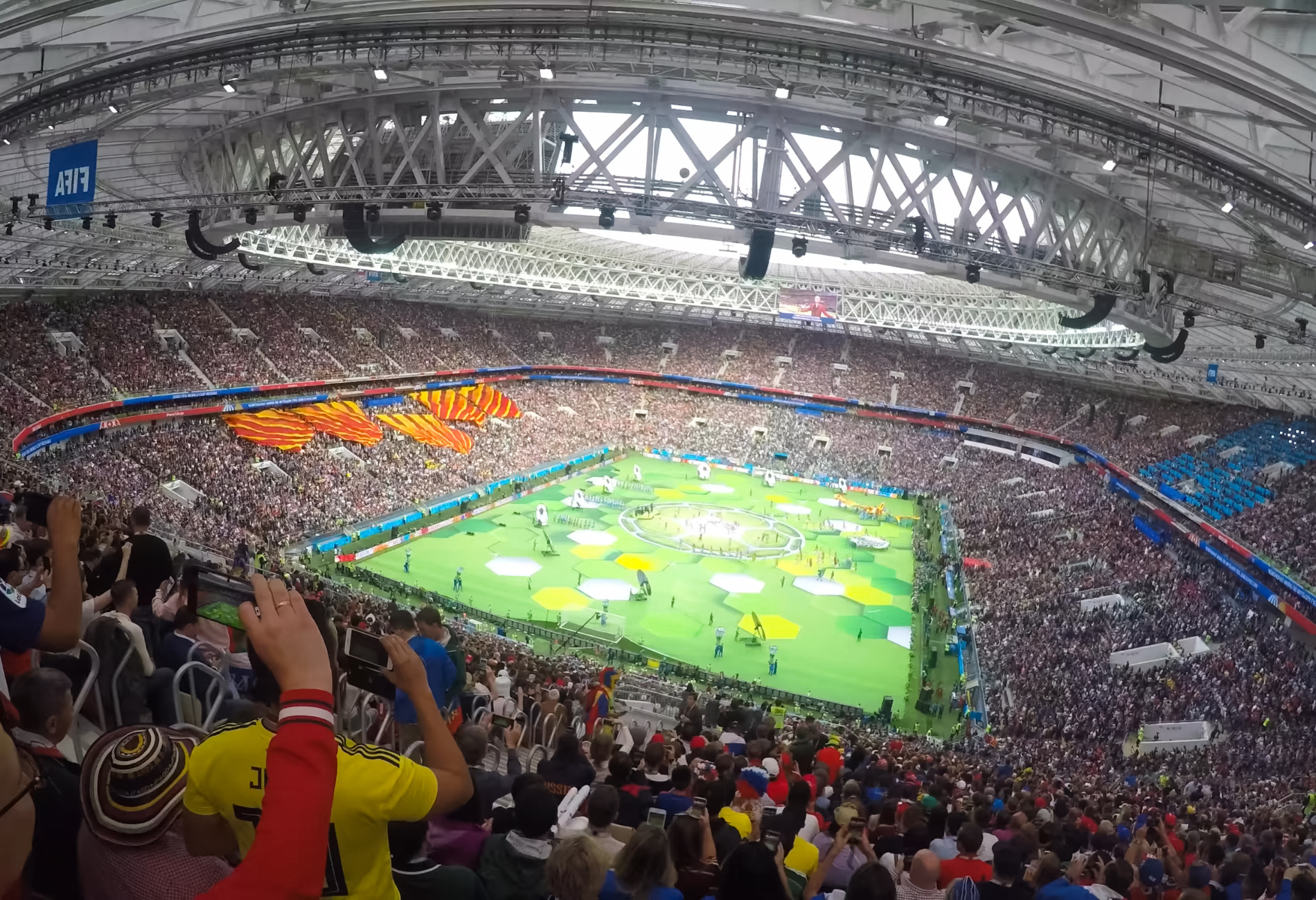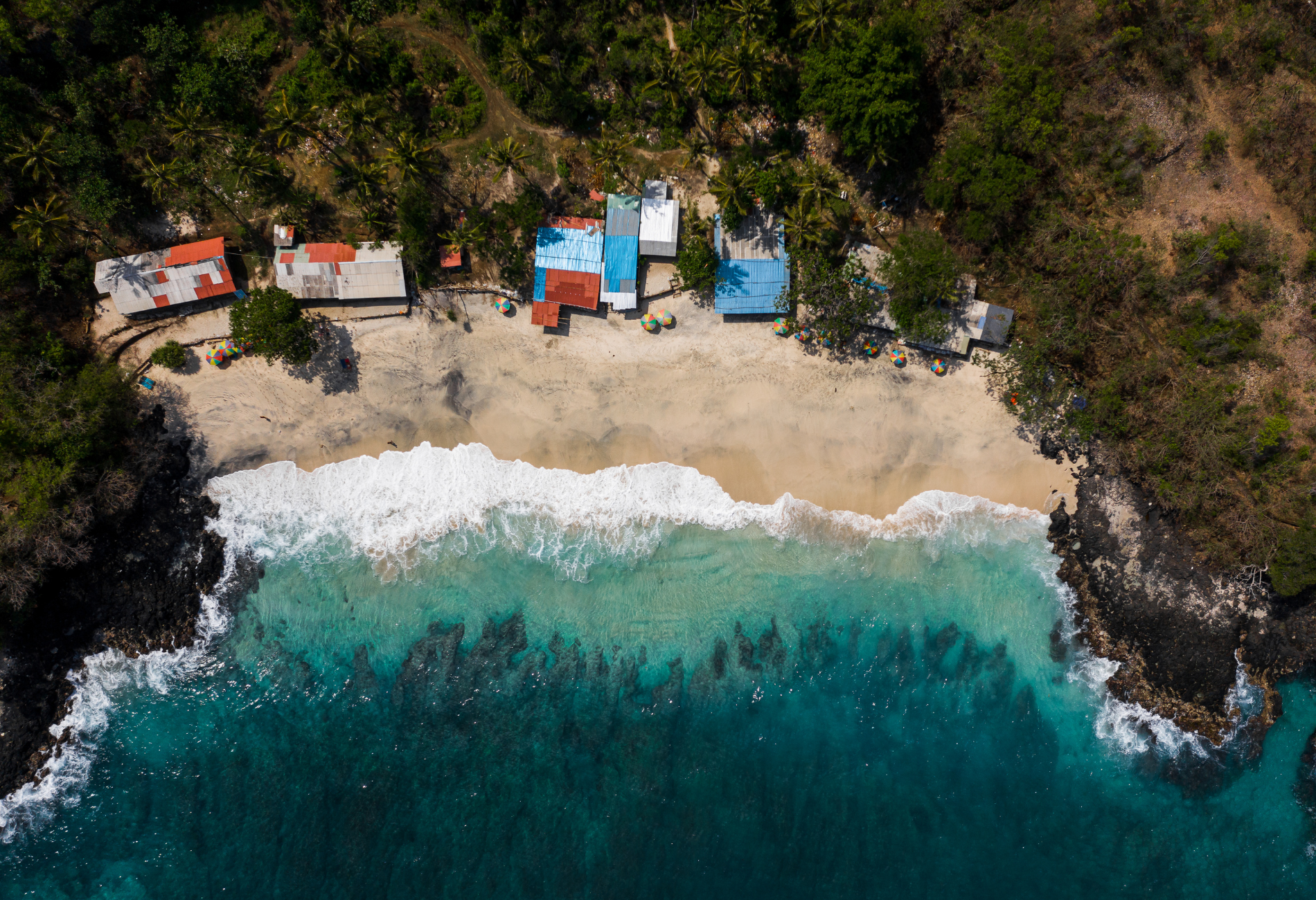Last year I was snorkeling off of Black Rock Beach in Maui when I heard someone yelling at me. It was a local. I had been following a turtle around and ended up too close to both the creature and the coral reef it was about to descend upon. It’s easy to get caught up in the allure of aquatic life, but that’s just the problem. In fact, a new study shows the capacity at which tourists are harming Hawaii’s coral reefs.
The power of social media and AI
Published January 9 in the journal Nature Sustainability, the study sheds new light on just how badly we’re bumming out the coral reef cover in Hawaii. Researchers discovered over 250,000 geotagged Instagram posts from 2018 to 2021 by tourists visiting Hawaiian reefs to determine on-reef and overall coastal visitation. They compared this information with flyover maps of live coral cover, then used artificial intelligence to analyze reef map images at about a 6.5 feet resolution depth, and 52.5 feet resolution depth.
Bing Lin, a doctoral student at Princeton University’s School of Public and International Affairs and lead author of the study, then obtained additional information from the Ocean Tipping Points project and the Hawaii Statewide GIS Program on metrics of site accessibility, including human activity and water conditions. Such variables were used to determine the relationship between tourist visitation and live coral cover across hundreds of coastal sites in Hawaii. The findings were grim.
Tourism is degrading the reefs
“We were able to find that coral reefs not only played a really significant role in attracting tourism, but also that the tourism subsequently seemed to suppress live coral coverage at the sites in which tourism was most concentrated,” said Lin.
And it’s not just from idiots like me chasing turtles around near the beach. Offshore snorkeling and scuba diving excursions are also detrimental. Diver contact, even accidental, can degrade the reefs. In addition to physical encounters, elevated pollution and infrastructure development surrounding high-quality coral reef sites are also to blame.
“Local stressors to the world’s reefs are often overshadowed by the large, looming threat of global climate change and subsequent coral bleaching. However, our research underscores the importance of localized stressors in also contributing to coral decline,” added Lin.
The researchers believe their findings should incentivize conservation through proper funding as well as education and support for local communities emphasizing coral reef protection.









 by your friends at The Daily Navigator
by your friends at The Daily Navigator



